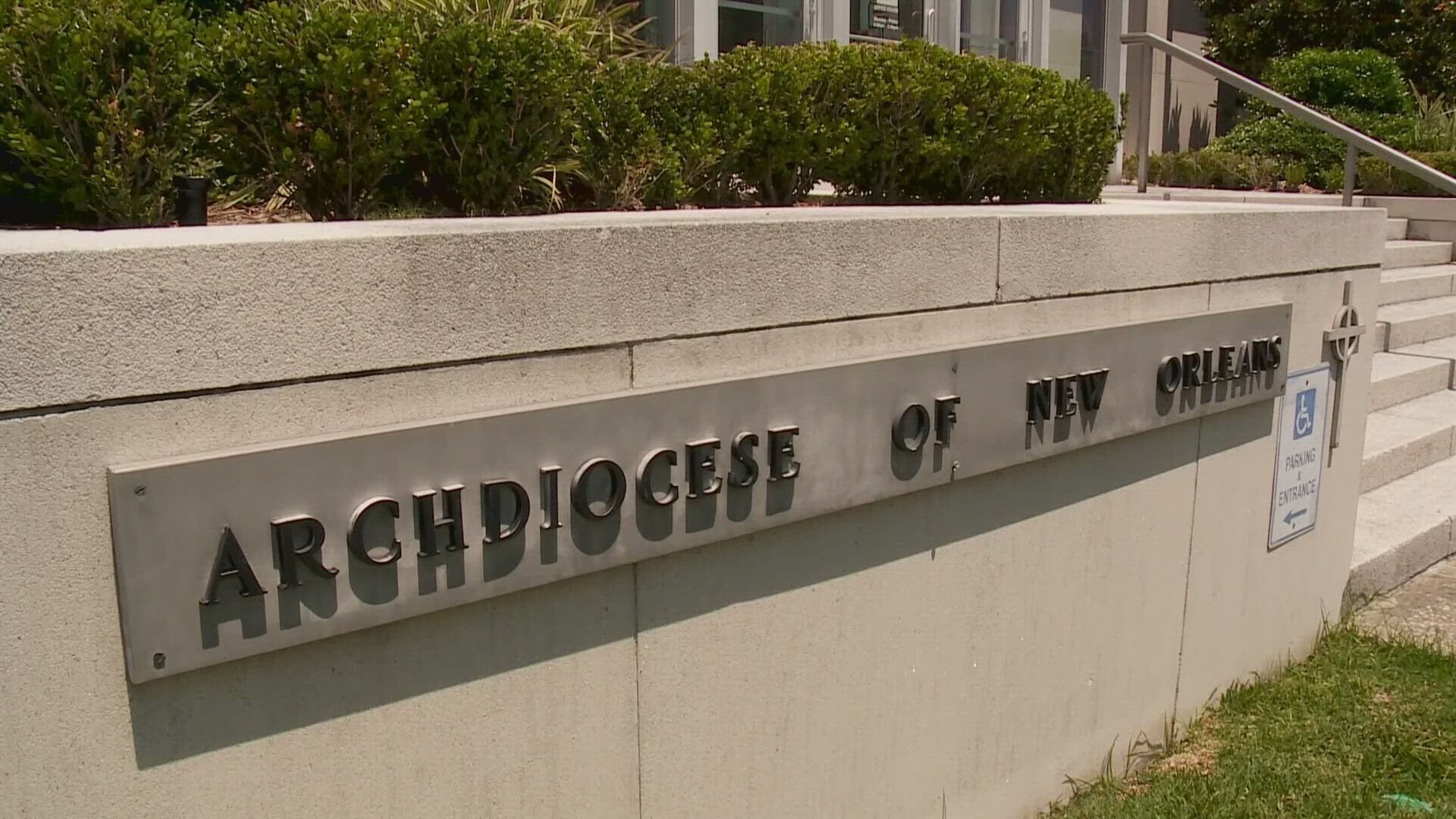A judge has ordered the Archdiocese of New Orleans to stop asking if children applying to its schools have any physical or psychological disabilities.
The decision by Orleans Parish Civil District Judge Ellen Hazeur is a significant victory for two families who sued the local church in August 2022 but were delayed for almost a year by the archdiocese’s unsuccessful attempts to make the case part of its ongoing bankruptcy proceedings. The order is in effect while the discrimination case against the archdiocese moves toward to a potential trial.
The plaintiffs, a 16-year-old girl with cerebral palsy and a 9-year-old boy with dyslexia, allege the archdiocese violated their rights under two state laws – the Louisiana Human Rights Act and the Civil Rights Act for Persons with Disabilities – by receiving state funds and then requesting information about their disabilities as a part of the application process.
The Archdiocese and its schools collect tens of millions of dollars a year in state education funds, according to records cited in the lawsuit.
The lawsuit details some of the information area Catholic schools have requested on application forms, such as “please list any physical limitations,” “please list any learning disabilities,” “does your child have a vision, hearing, speech or developmental delay” and “has the applicant ever had a psychological evaluation.”
Plaintiffs’ attorney Christopher Edmunds said his 16-year-old client is fluent in French and a high-achieving student. But cerebral palsy has affected her muscles since birth, meaning she’s wheelchair-bound and can’t operate it without assistance.
Her family sued the church for violating the Americans with Disabilities Act in 2020 after the president of Mount Carmel Academy, Sister Camille Anne Campbell, left her mother a voicemail saying, “We don't have the accommodations and I do think our academic program would be substantially difficult for her.”
That case settled out of court, but Edmunds said the questions on the applications continue to prevent his client from attending Catholic schools for which she would otherwise qualify.
The families, whose minor children are identified only by their initials, claim to represent a class of plaintiffs with disabilities who want to enroll in Catholic schools. They didn’t seek any monetary damages, yet the church had the case moved to federal court two weeks after it was filed and argued that it couldn’t be forced to change school applications because they were “property” of the bankruptcy estate that can’t be seized under federal law.
U.S. District Judge Greg Guidry dismissed that argument last year and ordered the case removed from the bankruptcy. The church’s lawyers kept arguing the case was subject to an automatic stay imposed by the bankruptcy court. This July, another federal judge, Barry Ashe, ruled the case could continue in state court. Court records indicate the church spent well over $100,000 on legal fees fighting to keep the case in the bankruptcy court.
Last October, the archdiocese argued the case was moot because it subsequently removed the offending questions from its school application forms.
A spokesman said the Archdiocese decided to remove the questions about students' disabilities "in the spirit of furthering the opportunity for Catholic education for children within the archdiocese."
“We continue to evaluate processes to ensure our schools remain consistent in the mission of Catholic education to be inclusive of all qualified students,” spokesman Bill Kearney said in October. “The Archdiocese recognizes and commends the efforts of our school leaders and Catholic educators to realize that mission.”
But Edmunds said court order was still necessary, to stop asking questions about applicants’ disabilities in the future, both in writing and verbally.
Hazeur heard arguments Monday and granted a preliminary injunction to prevent the church from asking questions about applicants’ disabilities while the lawsuit is pending. Edmunds called it a "landmark ruling." The archdiocese declined to comment on pending litigation.
She limited the order to high schools controlled directly by the Archdiocese, saying it didn’t apply to any of the apostolate grammar schools run by individual parish churches.
Edmunds said he would appeal that part of the ruling, arguing that Archbishop Gregory Aymond is the sole member of each school’s corporate entity and has full control over their finances and operations. He also noted that Aymond recently informed area Catholics that the apostolates would be folded under the bankruptcy so they can receive the same legal protections and share in the costs of paying about 500 alleged victims of child sexual abuse by area clergy.
“They’re trying to have their cake and eat it too,” Edmunds said.

